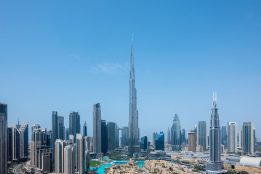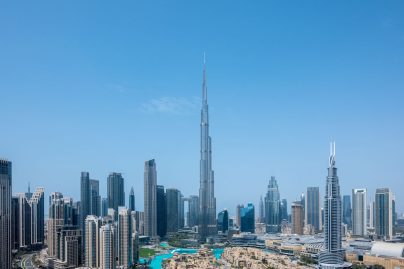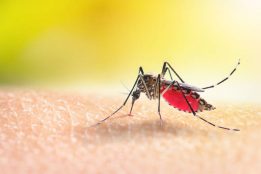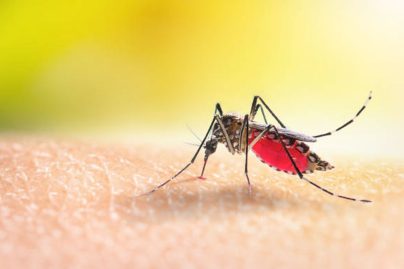This river in Canada is now considered a legal entity
Sun 04 Apr 2021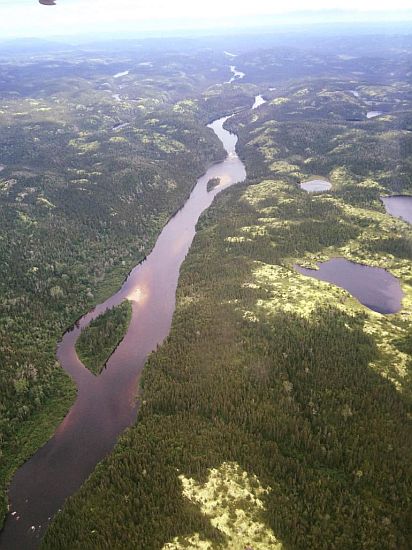
Montreal, Quebec – The idea that nature is a living being that must be respected, according to Jean-Charles Pietacho, has been at the core of the Innu people’s way of life for centuries.
Indigenous peoples are leading the charge to recognise the legitimate ‘personhood’ rights of rivers, lakes, and mountains around the world.
However, in February, the Innu Council of Ekuanitshit recognised the Magpie River, a 300-kilometer (186-mile) waterway in the Cote Nord region of the Canadian province of Quebec, as a “legal individual.”
The classification, which is a first in Canada, aims to give the Indigenous group another tool to protect the river, which is known as Muteshekau Shipu in Innu.
“The Creator put us on this piece of territory called Nitassinan, which encompasses all these rivers, all these mountains, all these trees,” Pietacho, chief of the Innu Council of Ekuanitshit, told Al Jazeera in a phone interview. “The Innu people always believed that you had to protect the earth. It’s water – it’s life.”
The Magpie River, which is known for its powerful rapids and sits on the north shore of the St Lawrence River, currently has one hydroelectric dam, but the provincial energy authority has said it has no plans to expand the waterway further.
“Despite that, we didn’t feel secure, we didn’t have total confidence,” Pietacho said.
“It’s very, very important for us to have arrived at this protection. It might be tested, but at least we have a majority – if not the entire region – that supports us.”
Stewardship of indigenous peoples
The Magpie River is the first in Canada to be granted legal personhood rights, thanks to twin resolutions passed by the Innu Council of Ekuanitshit and the Minganie Regional County Municipality, but it’s unclear what will happen if the status is challenged in a Canadian court.
The resolution, among other items, affirms the river’s “right to live, exist, and flow,” as well as its “right to grow naturally, be protected from pollution, preserve its dignity, and take legal action.” It claims that “river guardians” will be named shortly to ensure that these rights are upheld. The decision comes as a global campaign is known as “freedom of nature” gathers momentum.

 Apr 20 2024
Apr 20 2024
